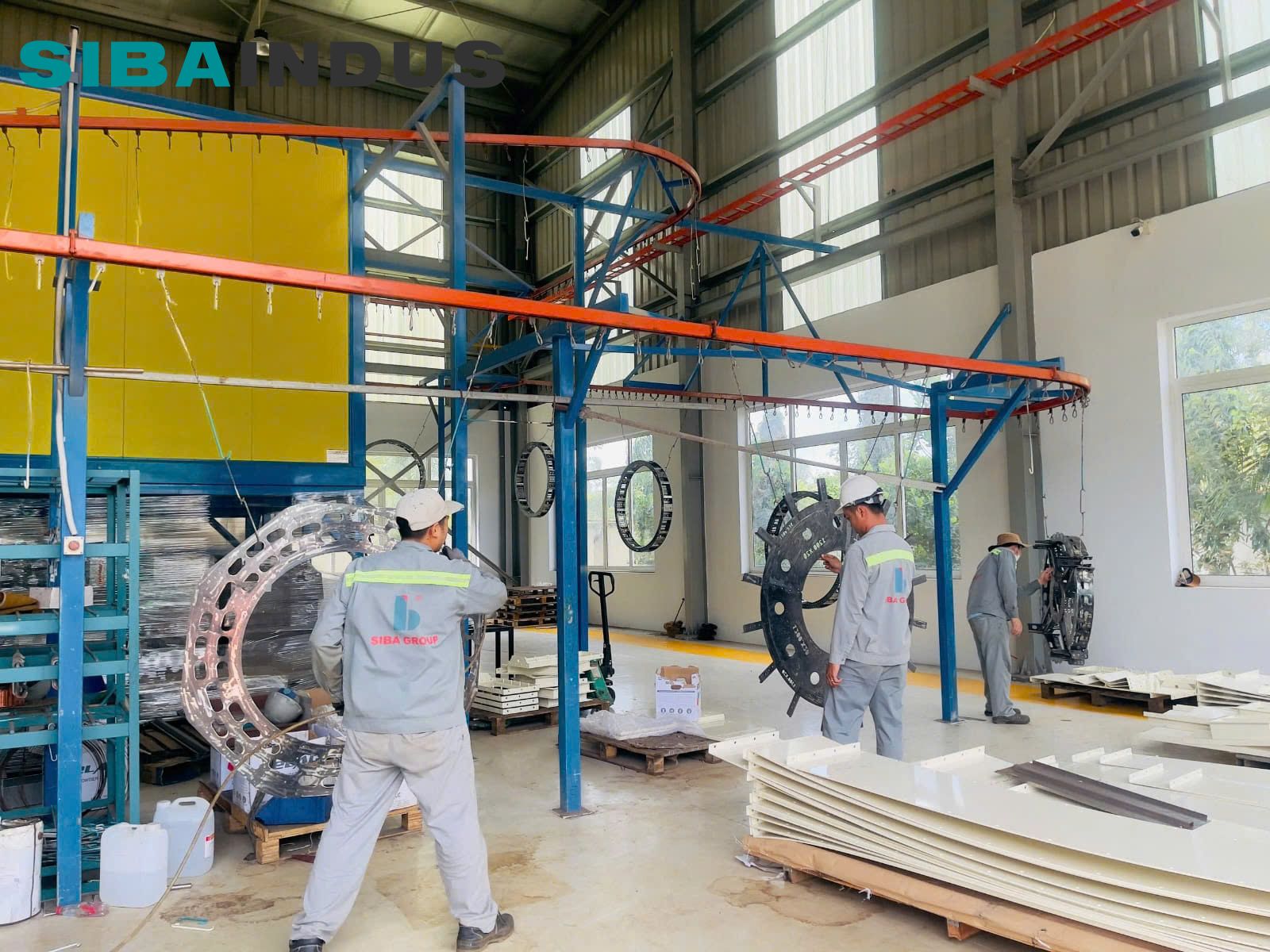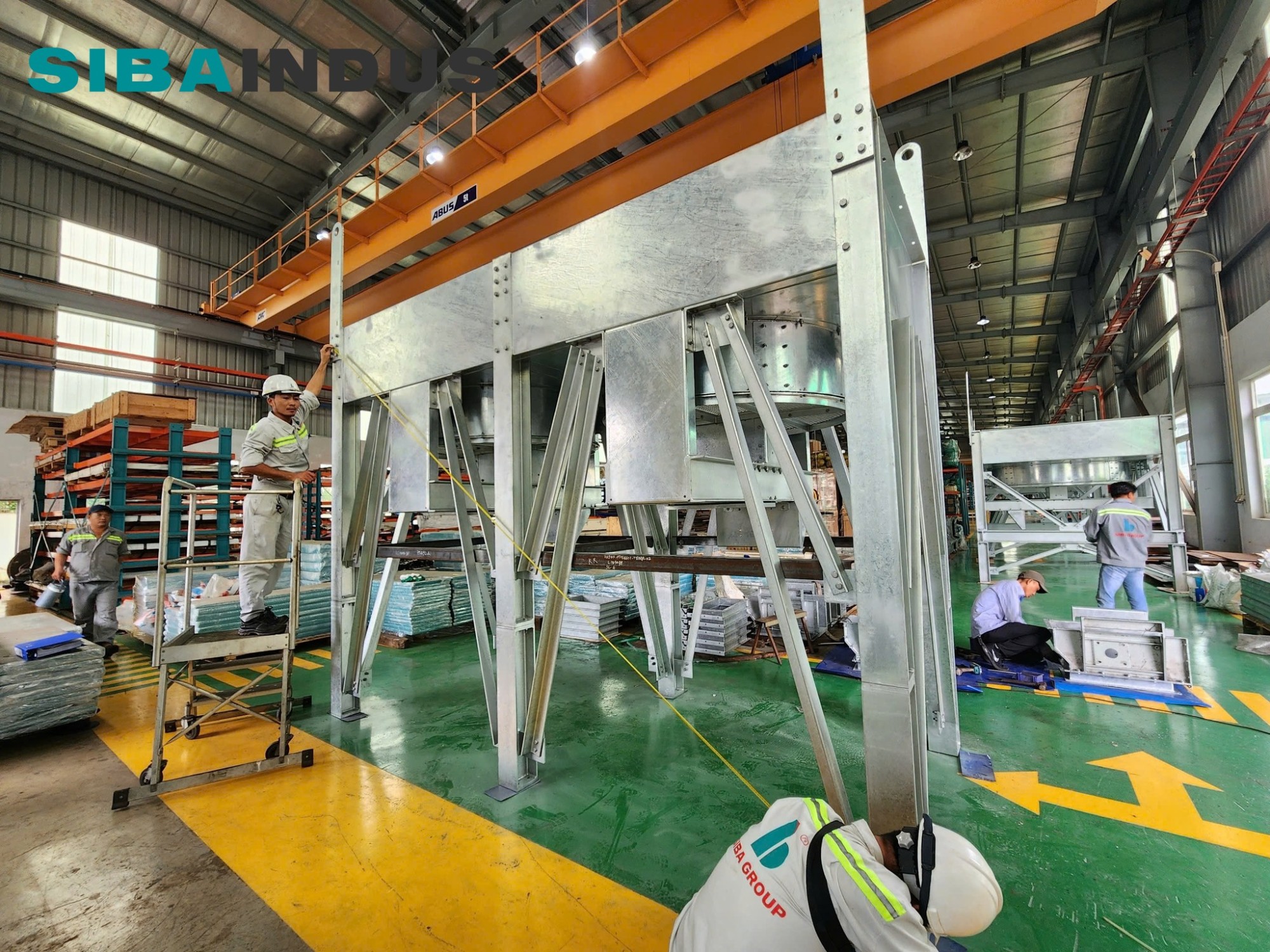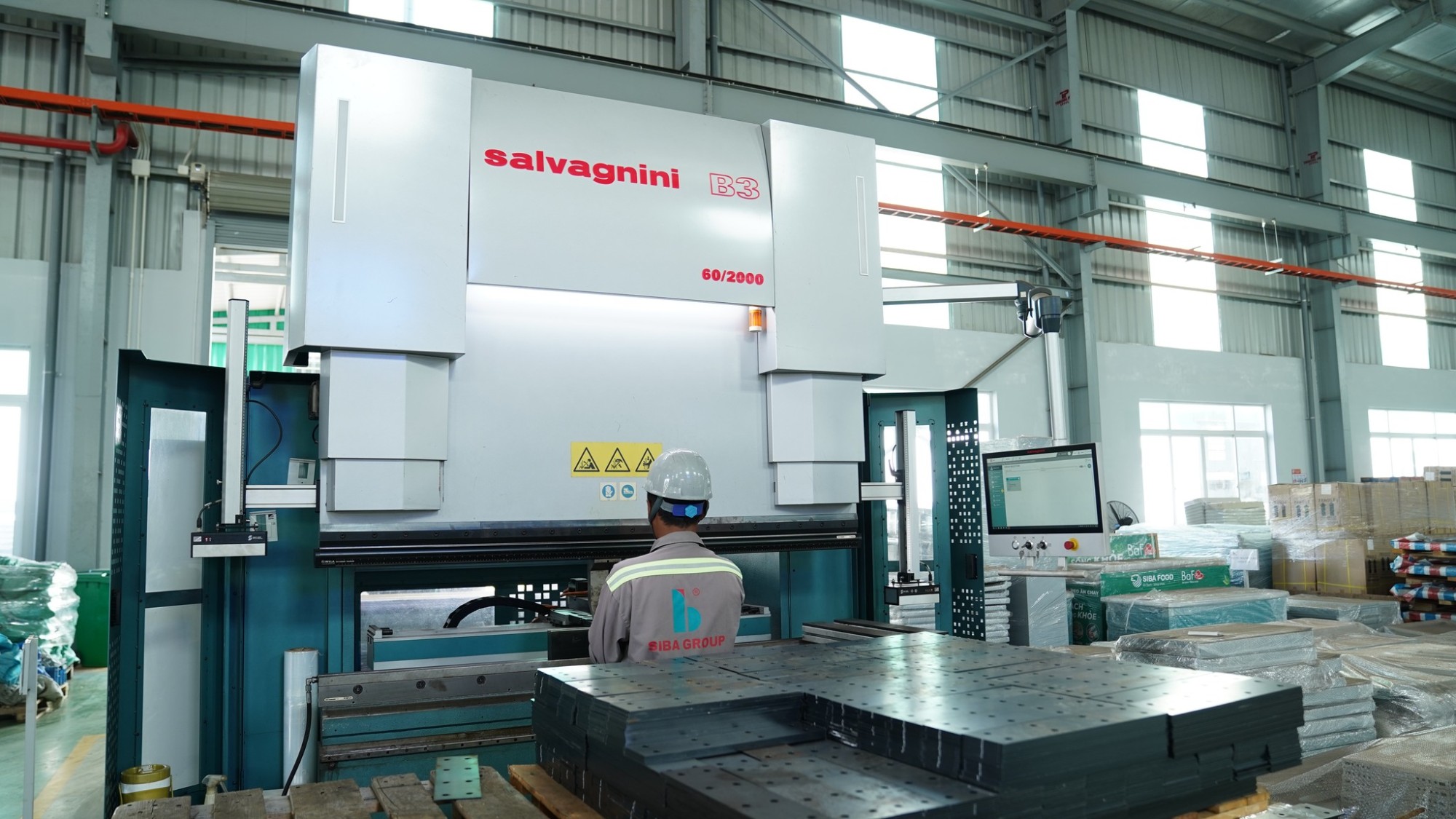- The Future of Sheet Metal Fabrication: Trends and Innovations 04.04.2025
- The Importance of Quality Control in Sheet Metal Fabrication 14.10.2024
- Bending processes: Press brake vs Roll bending 08.10.2024
- Benefits of using advanced materials in fabrication 07.10.2024
- The sheet metal fabrication process: An overview 02.10.2024
- Introduction to Sheet Metal Fabrication 01.10.2024

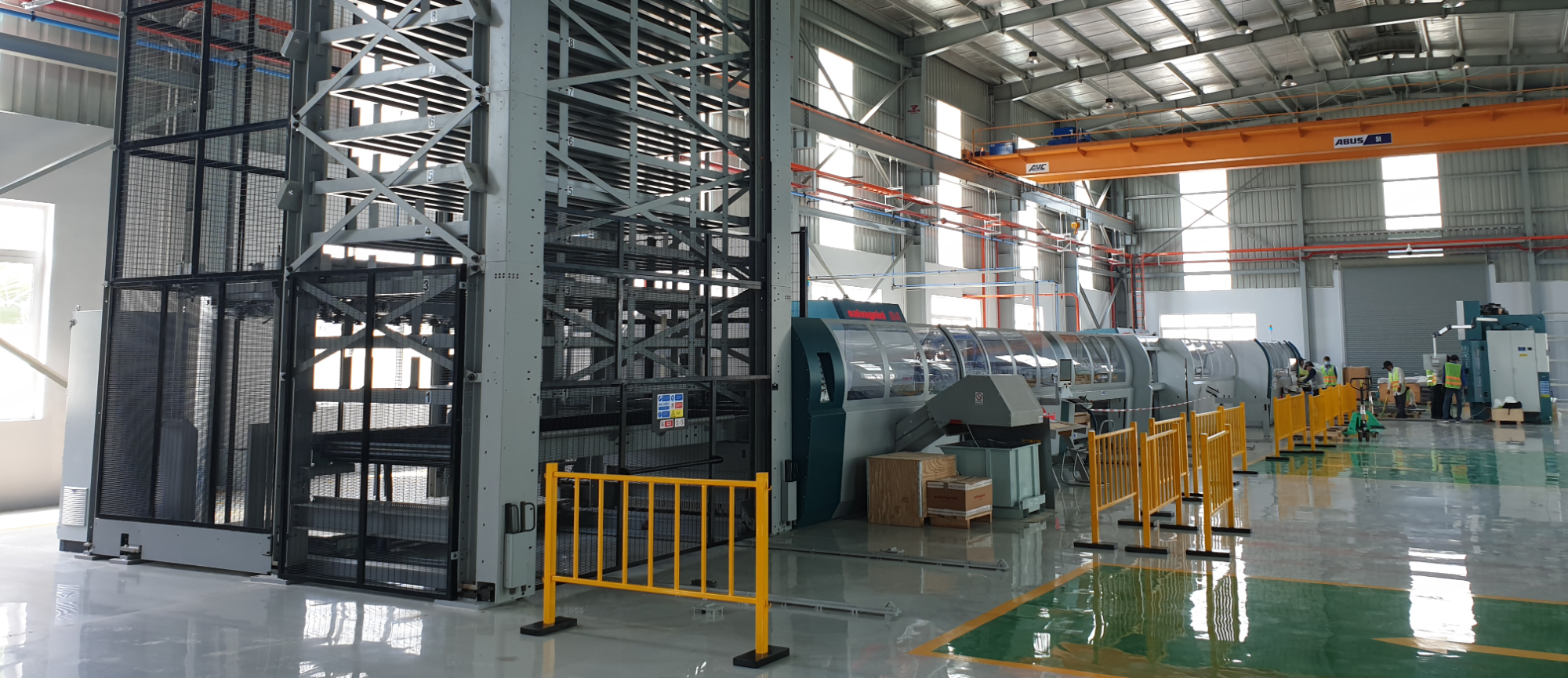
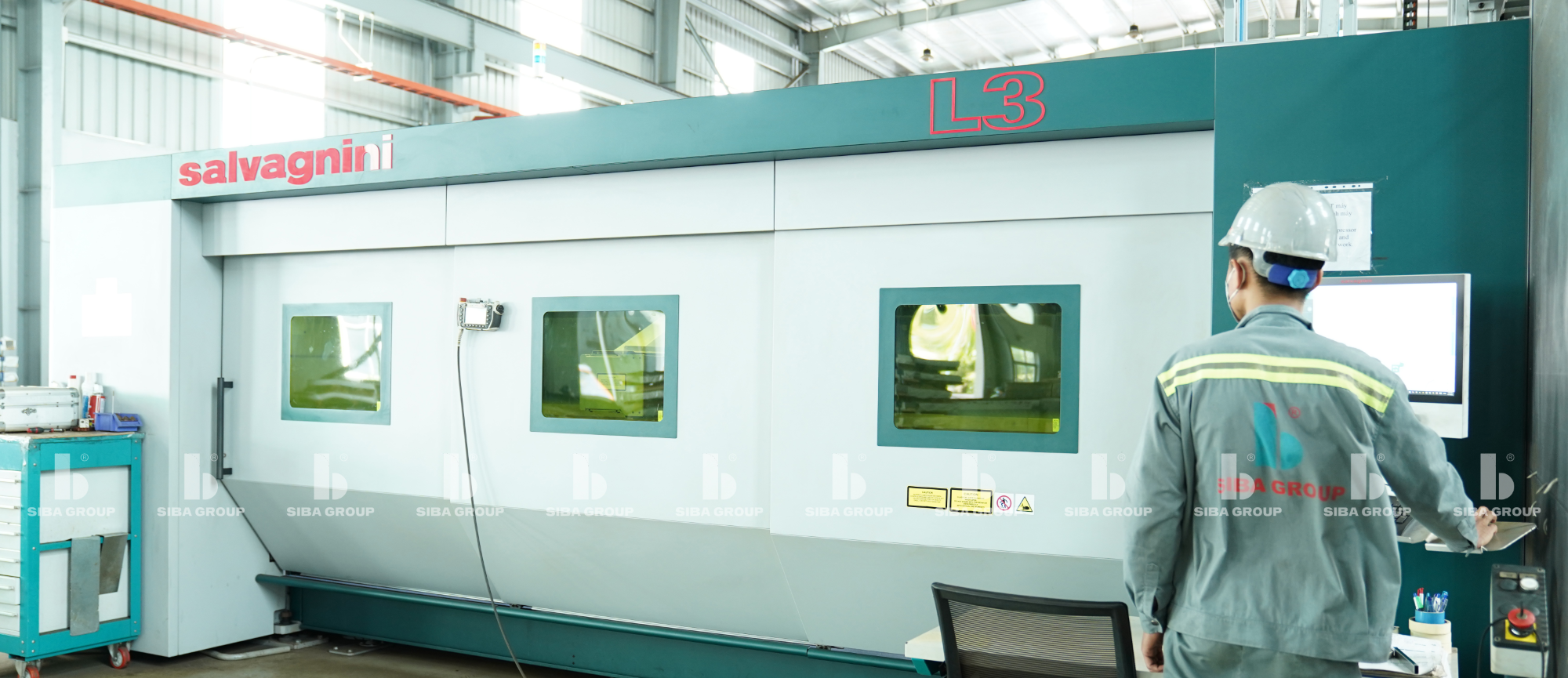
The Importance of Quality Control in Sheet Metal Fabrication
The Importance of Quality Control in Sheet Metal Fabrication
Quality control is a vital aspect of sheet metal fabrication, playing a critical role in ensuring that products meet specific standards, function correctly, and satisfy customer expectations. Whether producing components for the aerospace, automotive, construction, or electronics industries, maintaining strict quality control protocols helps prevent costly errors, improves operational efficiency, and upholds a manufacturer’s reputation.
1. Consistency and Accuracy
Sheet metal fabrication often requires tight tolerances and high precision. Quality control ensures that each piece is fabricated to exact specifications, reducing variability between parts. This is essential for assemblies where even minor deviations can lead to malfunction or structural failure.
2. Cost Efficiency
Detecting defects early in the production process prevents the wastage of materials and time. By catching issues before they escalate, quality control helps avoid expensive rework, scrap, and project delays, leading to overall cost savings.
3. Safety and Compliance
Many fabricated sheet metal components are used in safety-critical applications. Quality control ensures that these components meet relevant industry standards and regulations, helping to avoid potential safety hazards and legal liabilities.
4. Customer Satisfaction
Delivering high-quality products on time builds trust and strengthens relationships with clients. A robust quality control system reduces the chances of defects reaching the customer, thereby enhancing satisfaction and fostering repeat business.
5. Process Improvement
Quality control involves constant monitoring and feedback, which can reveal inefficiencies or recurring issues in the production process. This data is valuable for continuous improvement efforts, enabling manufacturers to optimize their methods and maintain a competitive edge.
Conclusion
Quality control in sheet metal fabrication is more than just a checkpoint—it's a strategic function that underpins the reliability, efficiency, and success of a manufacturing operation. Companies that prioritize quality are better positioned to deliver superior products, minimize waste, and meet the evolving demands of their industries.
Would you like a visual diagram showing a typical quality control workflow in sheet metal fabrication?

